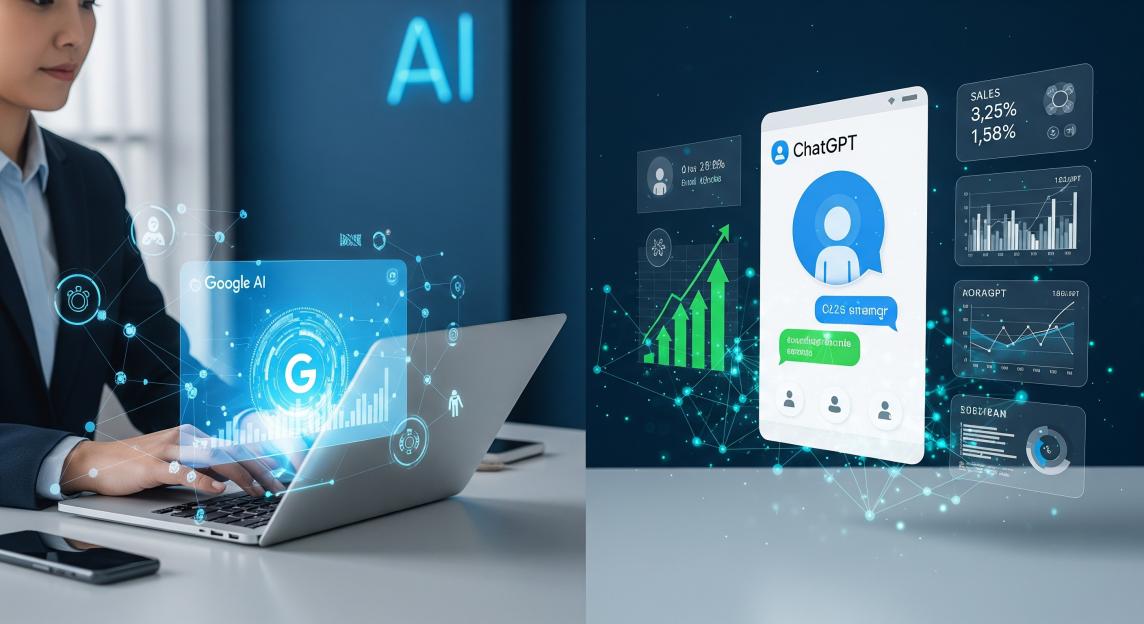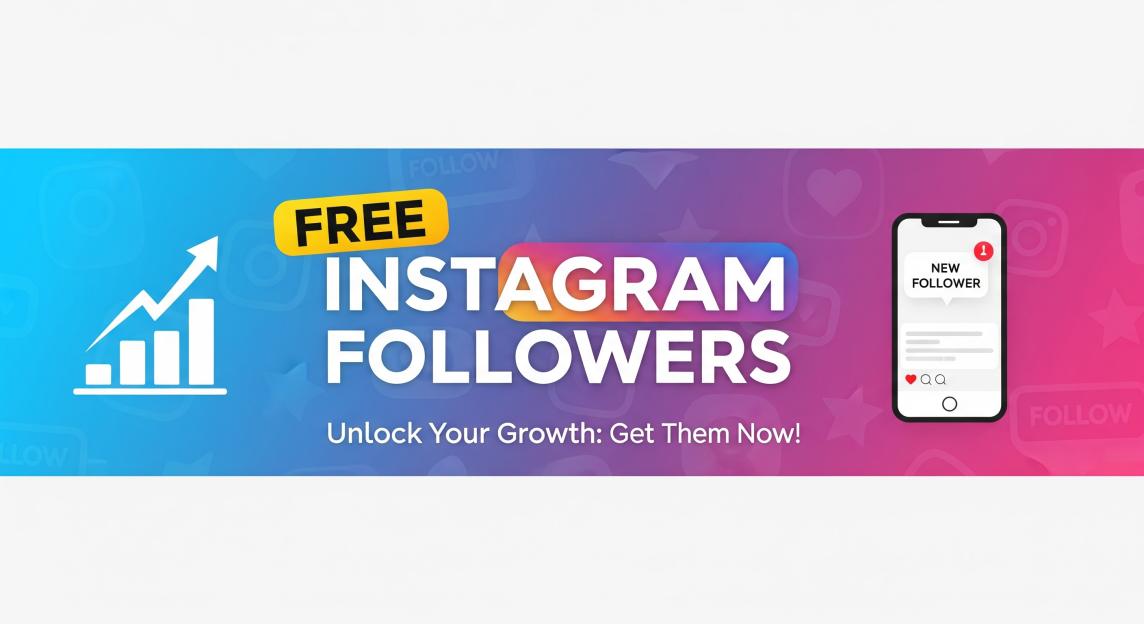Event marketing exists at the intersection where traditional marketing tactics meet experiential design.
Event marketing creates momentsâwhether physical, virtual, or hybridâthat connect people withbrandsin ways that feel less transactional and more authentic.
Companies struggle with this balance frequently â they want immediate engagement but also long-term brand value, which presents challenges to achieve simultaneously.
Event marketing agencies thus operate beyond just event planning.
This approach represents marketing strategy with events as the vehicle.
The field has evolved significantly, especially since organizations had to pivot during the pandemic years.
Types of Marketing Events
1. Product Launches
These events showcase new offerings, generating excitement and media coverage.
Tech companiesexcel at this âApplehas transformed their product launches into cultural moments.
They establish an atmosphere of anticipation and excitement that generates buzz during the event and for weeks before and after.
2. Industry Trade Shows
These gatherings allow businesses to present their products and services to a targeted audience of industry professionals.
Trade shows offer excellent networking and lead generation in a focused environment.
Companies invest significant resources because trade shows bring together qualified prospects who have demonstrated interest in the industry.
Participation typically involves creating a branded booth experience, scheduling one-on-one meetings with prospects, and delivering educational presentations that position the brand as an industry authority.
3. Webinars and Online Workshops
These digital events provide valuable insights and education to a global audience.
They prove cost-effective and can address specific topics of interest to participants, making them popular for many organizations.
Virtual events reach global audiences without geographic limitations, often costing much less than physical events.
Online experiences typically incorporate interactive elements like polls, Q&A sessions, and chat features to maintain engagement despite the digital format.
4. Community Events and Brand Activations
These create memorable experiences that forge emotional connections with consumers.
Such experiences might include product demonstrations, interactive activities, games, or entertainment elements that engage attendees in unexpected ways.
These activations aim to surprise and delight participants, generating positive associations with the brand.
Why Events Matter
Marketing teams justify event budgets through various methods, but removing all the PowerPoint slides and ROI projections revealsfundamental advantagesdifficult to replicate through other channels.
Some benefits appear immediately and can be measured, while others develop gradually but ultimately create more lasting value.
- Enhanced Brand Recognition: Events function as a platform to raise your brand’s profile and reach a broader audience.
- Sponsoring or hosting events places brands in front of their target audience in a non-intrusive yet highly visible manner.
- Emotional Connections: A primary benefit of event marketing shows its ability to create meaningful emotional connections with prospects and customers.
- Unlike digital advertising or content marketing, events enable face-to-face interactions that foster genuine relationships.
- Lead Generation Opportunities: Direct engagement with attendees can result in valuable business connections and partnerships.
Events create opportunities to identify interested prospects, collect contact information, and initiate sales conversations in natural contexts.
- Improved Customer Interaction: Events provide a unique opportunity for face-to-face engagement, fostering loyalty and trust among customers.
- These interactions help build relationships that extend beyond transactional exchanges.
- Engaging Qualified Prospects: Event marketing excels at engaging highly qualified prospects.
- Attendees at industry events have already demonstrated interest in the subject matter by investing their time and often money to participate.
- Valuable Networking Opportunities: Events provide valuable networking opportunities for both attendees and hosting organizations.
- Industry conferences and trade shows bring together professionals with similar interests and challenges, facilitating connections that can lead to business partnerships, collaborations, and knowledge sharing.
- Insightful Feedback: Gathering real-time feedback during events provides insights into customer preferences and market trends.
This immediate feedback loop allows for rapid adjustments to marketing strategies.
Final Thoughts
Companies that succeed with event marketing in upcoming years will find the right balance between using technology and preserving authentic human connection.
They will emphasize creatinggenuine valuefor participants rather than promotional messaging, recognizing thatmeaningful experiencesdrive stronger business results than heavy-handed sales approaches.







